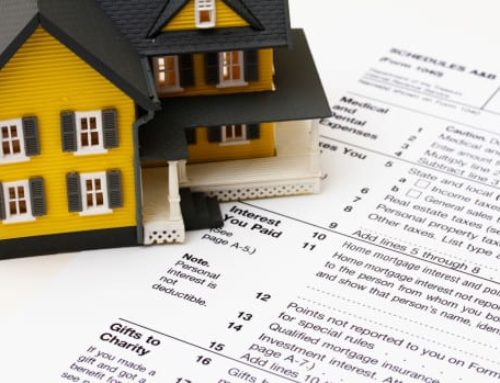Whether you’re a first-time home buyer or an old pro at purchasing real estate, if you plan to get a mortgage, your credit score will matter a great deal to the lender. In fact, a long list of factors related to your credit score can have an impact on what you ultimately end up paying for the property – including your interest rate and in turn, the amount of your monthly payment.
According to Fair, Issac and Company (FICO) – a data analytics company that developed the FICO score as a measure of a consumer’s credit risk – the higher your credit score is, the lower the interest rate will typically be on a mortgage (as well as on other types of loans).
One reason for this is because a high credit score can indicate that an individual not only pays their bills, but that they do so on time, and that they don’t have an overabundance of open debt balances.
While it might not seem like a big deal, a 1% interest rate difference on a mortgage can equate to a monthly payment that is in the neighborhood of $125 per month higher – and over the life of the loan (360 months), that could mean that you’ll pay roughly $45,000 more!) ($125 per month X 360 months = $45,000).
So, how can you ensure that you get the best deal on a mortgage? A good place to begin is by checking your credit scores from all three of the big credit bureaus – Equifax, Experian, and TransUnion.
It is also recommended that you read through your credit report in order to make sure that there is no incorrect information on it – especially if the error(s) has negatively impacted your score.
To have credit report errors removed, you can forward a letter to the credit bureau(s) that explains why the information is wrong, as well as any proof you may have (such as a statement showing the payment of a bill or loan).
If you’re in the process of shopping for a home loan, contact us to get the best advise and the best rates. We offer a wide variety of lending options, and can help you to find the option that works best for you and your budget.










